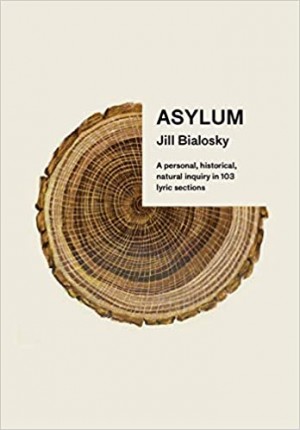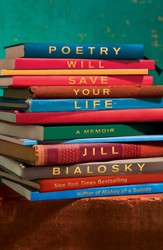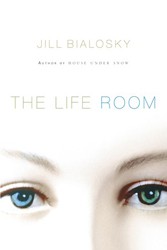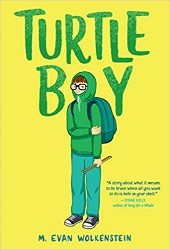Critically acclaimed writer and poet Jill Bialosky’s new book, The End is the Beginning, is a touching biography of her mother, Iris Bialosky. Written in backward chronological order, the book begins with Iris’s death toward the start of the Covid-19 pandemic, in March, 2020. She had been suffering from memory loss in an assisted care facility and her death allowed the author the distance to look back at various pivotal moments under a poet’s magnifying glass to better understand the deep challenges and wounds that Iris experienced.
Bialosky highlights Iris’s inspiring resilience as the matriarch of a family of daughters in spite of everything her family went through, including the devastating, untimely death of two family members that forever altered the trajectory of Iris’s (and therefore the author’s) life.
The sudden death of Iris’s husband, Milt, at age thirty caused Iris to spiral into depression and face unforeseen hardships, including having to raise her three young daughters alone. Iris eventually remarried and gave birth to a fourth daughter, Kim, who committed suicide at age twenty-one. As Bialosky describes this shocking experience, readers must keep reading in order to learn more about Iris’s unstable second marriage, and to understand the close connection Iris and her youngest daughter shared.
Bialosky frequently wonders about the impact of the 1950s on her mother’s well-being, how expectations of motherhood along with gender norms in that time period influenced her to get married at a young age instead of pursuing more education and a career. Iris depended on her husband and never imagined being a single parent. The ghost of her children’s father left a hole in all their lives, drastically impacting their futures.
The ordering of events in this book is part of what makes it a stunning literary work. By allowing readers to look backward and forward simultaneously, Bialosky helps us make sense of the burden of memory while creating empathy and understanding.
Readers experiencing familial loss will find comfort and connection in the powerful stories Bialosky shares about her mother, especially those readers who are becoming caretakers for their own parents.
Jamie Wendt is the author of the poetry collection Laughing in Yiddish (Broadstone Books, 2025), which was a finalist for the 2022 Philip Levine Prize in Poetry. Her first book, Fruit of the Earth (Main Street Rag, 2018), won the 2019 National Federation of Press Women Book Award in Poetry. Her poems and essays have been published in various literary journals and anthologies, including Feminine Rising, Catamaran, Lilith, Jet Fuel Review, the Forward, Minyan Magazine, and others. She contributes book reviews to the Jewish Book Council. She won third prize in the 2024 Reuben Rose Poetry Competition and won second prize for the 2024 Holloway Free Verse Award through the Illinois State Poetry Society. Wendt holds an MFA in Creative Writing from the University of Nebraska Omaha. She lives in Chicago with her husband and two kids. Follow her online at https://jamie-wendt.com/ or on Instagram @jamiewendtpoet.





